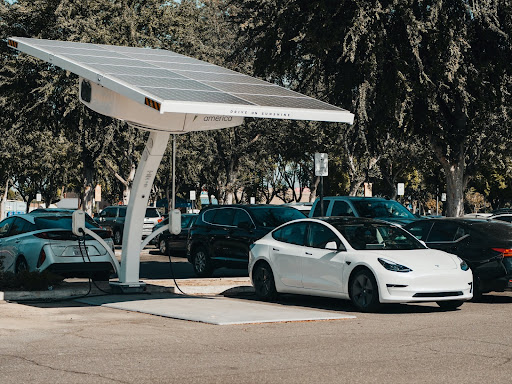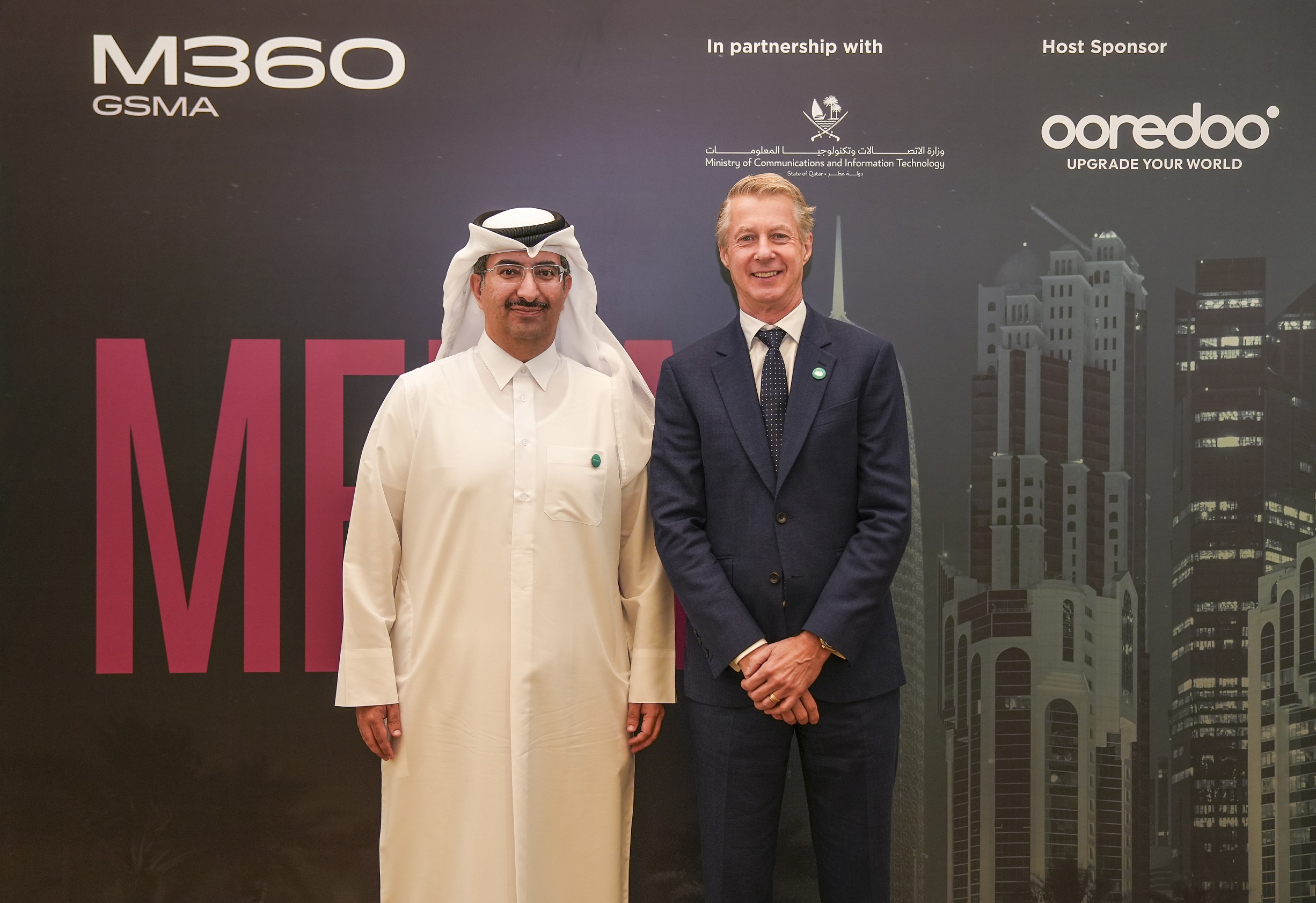With the year coming to an end, it’s good to take some time to look back at the greatest achievements in science and technology that took place in 2021.
While the year was generally clouded with the coronavirus, particularly with the latest Omicron variant, we also witnessed many impactful advancements.
Read more: Is the world really as bad as it seems on the news?
It wouldn’t be fair to ignore them, so while we look forward to 2022, here are five of the best innovations we’ve experienced this year.
Potential cure for diabetes
Just this month, a man in Ohio became the first person in the world to be successfully cured of type 1 diabetes. The 64-year-old man said it’s “like a miracle”, adding that it’s changed his life.
Diabetes is caused when the pancreas fails to produce insulin, which regulates a person’s blood sugar level. The treatment used stem cells which replace the function of the pancreas.
Read more: Could diabetes be cured within five years with this new technology?
Vertex Pharmaceuticals treated the patient after 30 years and over $50 million invested into the project. The study will remain ongoing for a few more years, and if successful, could lead to the first public cure of type 1 diabetes.
Reusable Rockets
Earlier this year, SpaceX successfully launched, landed, and reused the same rocket booster ten times. This marks a major milestone for reusable rocket technology, which has suffered major doubts over the past decade.
Read more: Commercialising space: Should private companies take control of outer space?
Reusable rockets will make space trips more affordable. This will advance scientific research, make space tourism possible, and increase our chances of becoming a multi-planetary species.
However, here’s still a lot of work to be done, and hopefully, the price of a ticket to space will drop below the $550 million mark.
Covid-19 and malaria vaccines
When the pandemic first began in early 2020, scientists quickly took to work to help us get through it. This involved the development of vaccines and test kits in helping us track and fight the disease.
The groundwork for anti-Covid-19 vaccines began several years before the pandemic when scientists developed blueprints that make it easier to develop a vaccine. As a result, they could quickly test and deploy the life-saving substance.
While the vaccines were developed in 2020, they were deployed to the mainstream in 2021. Over 8.74 billion doses have been administered so far.
The anti-Covid-19 vaccines aren’t the only ones worthy of recognition this year. Many others, including the world’s first malaria vaccine, are expected to save hundreds of thousands of lives. It’s estimated that malaria kills about half a million people a year, so such technology is crucial in helping save more lives.
Technology is more accessible
As we become more dependent on technology to live our lives, it’s essential to make sure that these tools are accessible to everyone. In recent years, tech companies have started prioritising accessibility features in their products.
Microsoft released the Surface Adaptive Kit to make it easier for people with vision and motor problems to use their laptops. They also included tactile nubs on Xbox products and boxes to make it easier to unbox.
Read more: Teenage girl develops sign language translation app for movies
Bose released the first direct-to-consumer hearing aids that assist those with hearing loss hear better without requiring trips to audiologists. Google added live text captions in Chrome and Android, which provide auto-generated captions in real-time.
Smaller apps and services tailored to people with accessible needs have also become more common.
Electric Vehicles are becoming mainstream
2021 has been an incredible year for Electric Vehicles (EV) both globally and within Qatar.
Almost 50 countries announced they will ban or impose restrictions on non-electric vehicles in the next 10-20 years.
Read more: The future of taxis is self-driven and electric. Are you ready?
Later in the year, Tesla, a champion of EVs, hit the $1 trillion valuation after a partnership with Hertz.
Qatar is playing a pivotal role in advancing EVs in the region. The country announced plans to convert 25% of public transport to EVs, with 100% expected by 2030.
What’s next?
With the next year just a few days away, we can’t wait to see the impact of great tech on our society. The past year has undeniably presented many challenges, but it’s essential to recognise the positive innovations people built during those times.
Many impactful products and services have improved our lives in 2021, way more than can be covered in one article. So we ask you, what’s an example of great innovation that took place this year?
Follow Doha News on Twitter, Instagram, Facebook and Youtube







